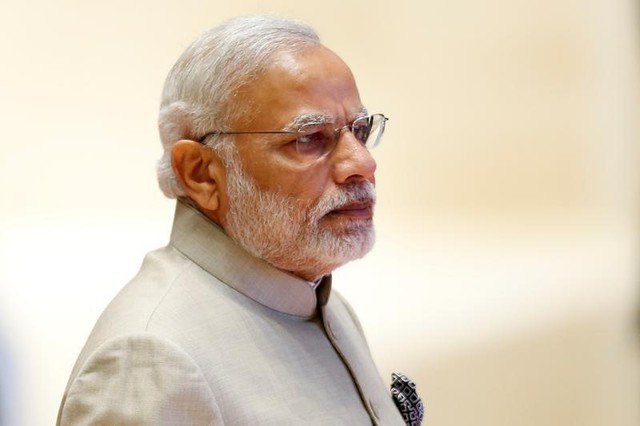
Will the Indian belittling attitude force Pakistan into submission? Some geo-political facts point to the contrary. Following its failure to use Russia and China against Pakistan during the BRICS summit at Goa a few weeks ago, the Russian envoy Zamir Kabulov punctured the Indian narrative on terrorism even at the Heart of Asia conference on December 4 at Amritsar.
The Heart of Asia conference should not be used by India and Pakistan for scoring points. All the major players to extend all possible support to Afghanistan in its transition, Kabulov said. “India has close cooperation with the US, does Moscow complain? Then why complain about much lower level of cooperation with Pakistan,” he asked when referred to the Russia-Pakistan military exercise. Equally disturbing perhaps was the Iranian Foreign Minister Javad Zarif’s offer to help diffuse Pakistan India tensions. "If Iran can be of any help to any of them, we stand ready because these two neighbours are extremely important to us," Zareef underscored.
To the utter Indo-Afghan dismay the Chinese delegates called Pakistan as “inseparable for the peace efforts in Afghanistan.” It was this synchronisation of approach that resulted in a unanimous declaration, including the point 14, which mentions major terrorist networks including the Haqqani Network, ETIM, IMU, Lashkare Taiba (LeT), Jaishe Mohammad (JeM), TTP and Jamaatul Ahrar.
Behind the scene work of nearly six weeks and close coordination with Iran, Turkey, China and Russia led to this big step forward. It calls on “all states to take action against these terrorist entities in accordance with their respective national counter terrorism policies, their international obligations and the UN Counter Terrorism Strategy 2006.
It also meant Pakistan saw no harm in naming the JeM and LeT in the declaration and that it is obligating itself to actions against all terrorist groups, thereby assuming greater responsibility in the counter-terror campaign. In all likelihood, both India and Afghanistan will try to keep the heat on, confronting Pakistan with multiple challenges; first, recalibrating and creating an unassailable national foreign policy involving both the civilian and the military high command.
Secondly, quietly engaging with Iran, Turkey, China and Russia to explain to them its limitations on the counter-terrorism front. It should also seek their advice on how to deal with the challenges of terror and extremism.
Thirdly, it should synergise its policy with particular of China and Russia, while underlining the undeniably bitter ground realities in Afghanistan, where , according to The New York Times (December 2) 40,000 to 45,000 militants are active. Quoting western and Afghan intelligence officials, the paper said the Taliban are estimated at 30,000 fighters, some of them seasonal. But the rest are foreign militants of different — and often fluid — allegiances, at times competing but mostly on the same side against the Afghan government and its American allies.
The New York Times also referred to a recent statement by General John W Nicholson, the commander of US-NATO forces in Afghanistan.“Of the 98 US- or UN-designated terrorist organisations around the globe, 20 of them are in the Af-Pak region,” Nicholson said recently. “This is the highest concentration of the numbers of different groups in any area in the world.” Fourth, given the new unfolding and obviously “dirty regional game”, which Moscow and Beijing are not oblivious to, requires Islamabad to step out of the cold-war era mindset in favour of a forward-looking future path.
Lastly , Pakistan, China, Russia, Turkey and Iran appear to be on the same page on the issue of Afghanistan. In a queer twist of events, Moscow and Beijing are talking to the Afghan Taliban for their potential to act as a bulwark against Daesh – the new instrument of terrorism in the region, which they consider as a proxy. They consider it as a legitimate ploy to use one non-state actor against another. India, Afghanistan and the US are offensive to this, underscoring the emergence two blocks of thinkin
Published in The Express Tribune, December 7th, 2016.
Like Opinion & Editorial on Facebook, follow @ETOpEd on Twitter to receive all updates on all our daily pieces.


1729080111-0/BeFunky-collage-(63)1729080111-0-165x106.webp)
1730838202-0/Trump-(1)1730838202-0-165x106.webp)








COMMENTS (4)
Comments are moderated and generally will be posted if they are on-topic and not abusive.
For more information, please see our Comments FAQ